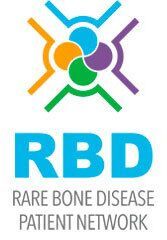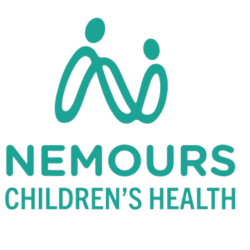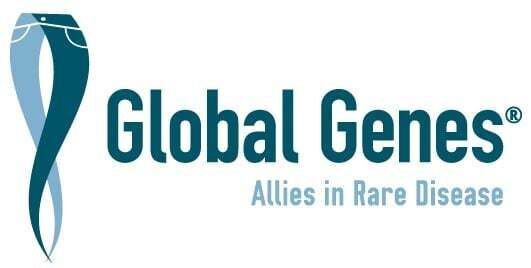
Accessing expert care is a significant hurdle for many patients with complex vascular anomalies. Dr. Sisk shares quotes from patients and caregivers that highlight the difficulties in finding knowledgeable doctors, securing timely appointments, and navigating healthcare systems.
The study identifies six characteristics that impact the ability to access and maintain appropriate care:
- Individual Characteristics: Advocacy and personality play a role in a patient's ability to access care.
- Clinical Characteristics: The visibility of a patient's condition can affect how quickly they receive a diagnosis.
- Scientific Progress: The availability of information and expertise in vascular anomalies can be a barrier.
- Health Care Systems: Insufficient coordination and network issues can hinder access to care.
- Luck: The fortuitous encounter with a knowledgeable physician or specialized care center can make a significant difference.
- Privilege: Patients living in areas with access to specialized care have a distinct advantage.
Addressing the Challenges
Dr. Sisk discussed several strategies to address the challenges faced by patients with complex vascular anomalies:
- Improve Communication and Information: Develop custom adapted plugins for electronic health record systems and explore the use of chatbots and AI to provide tailored information for patients with rare diseases.
- Create a Collaborative Network: Establish a nationwide collaborative network of vascular anomaly specialists that can provide advice, referrals, and external case reviews to primary care doctors and other specialists.
- Focus on Primary Care Physicians: Investigate the role and knowledge of primary care physicians in caring for patients with complex vascular anomalies.
- Expand the number of (Adult Hematology and Oncology) Providers knowledgeable and willing to take care of adult patients with complex vascular anomalies: Explore the incentives and disincentives that impact the availability of providers of adult patients with complex vascular anomalies in hematology and oncology and other specialties.
Improving the lives of patients with complex vascular anomalies requires addressing the challenges they face, from physical symptoms to access to expert care. By enhancing communication, creating collaborative networks, and focusing on the role of primary care physicians, we can help bridge current care gaps experienced by individuals with complex vascular anomalies with the goal of providing better care for those in need throughout their life. Patients and their families are at the heart of these efforts, and their experiences and voices should guide our approach to care and research.
Learn more:










